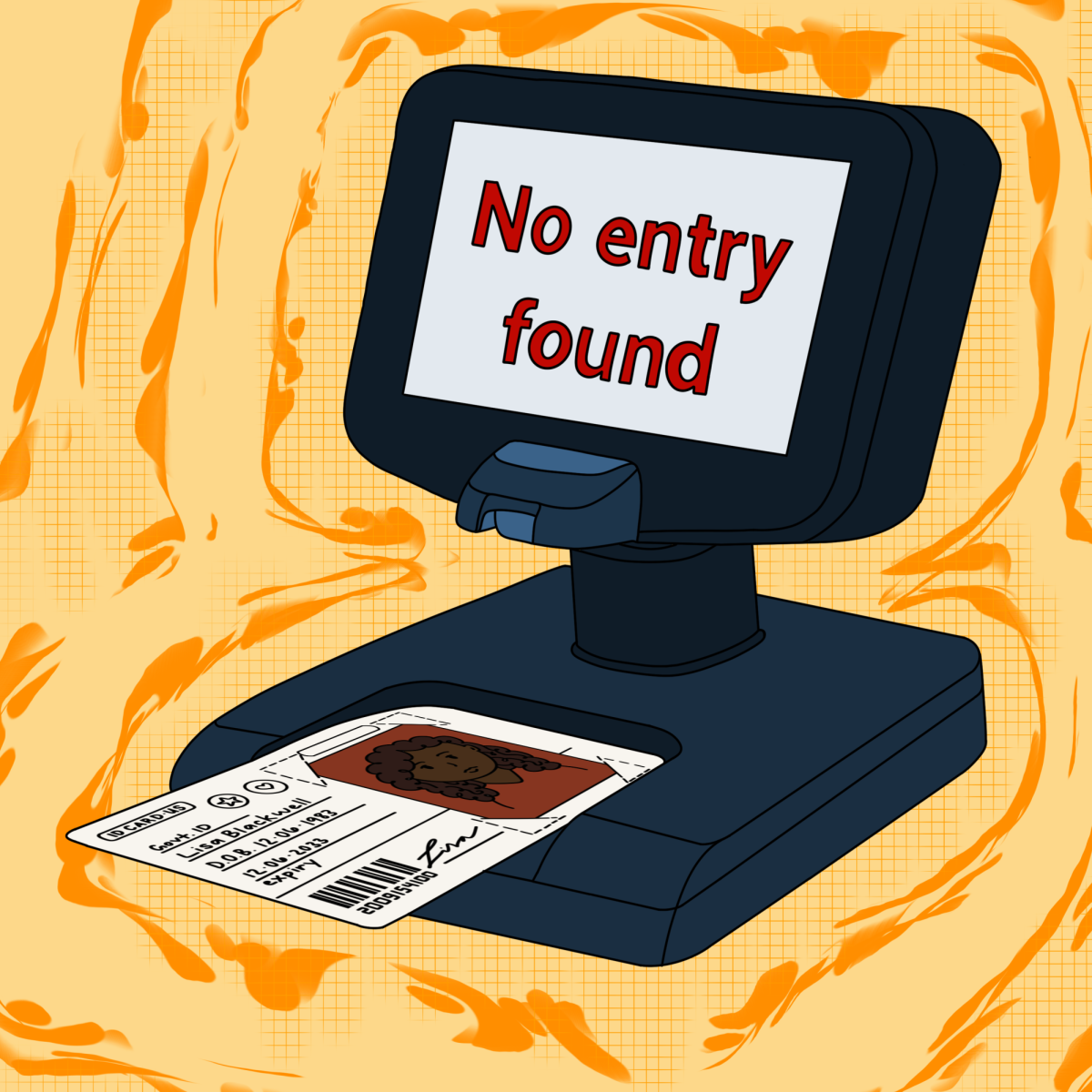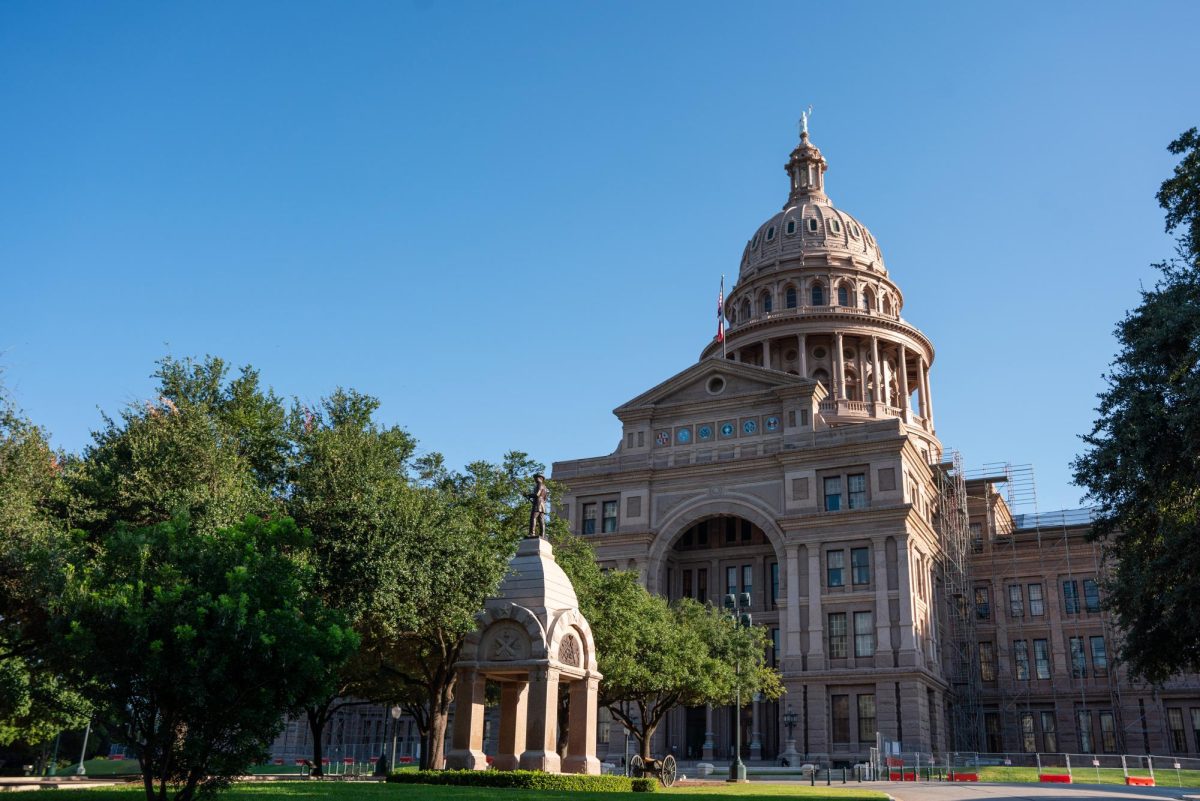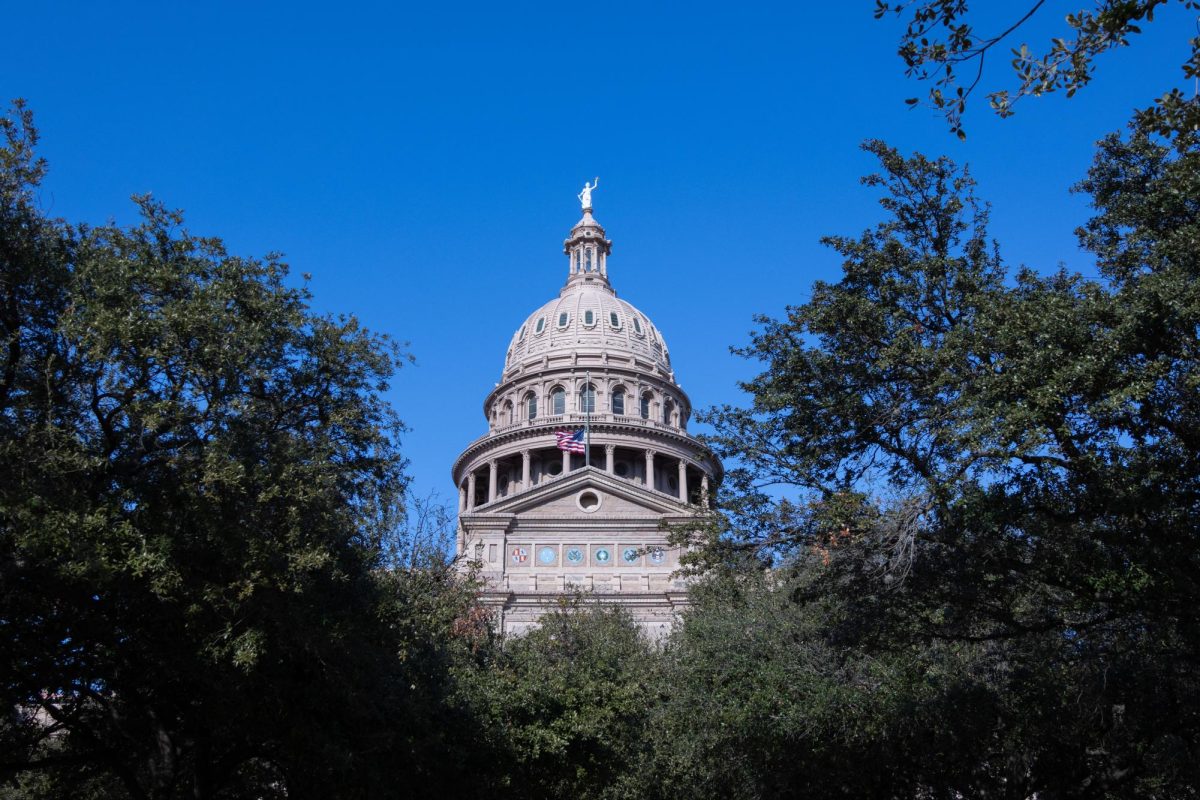Voting rights groups expressed worries about privacy when Texas launched a pilot program to authenticate the citizenship status of registered voters in early June using an internet system often used to confirm eligibility for public benefits.
To use the Systematic Alien Verification for Entitlements technology, agencies must sign a contract with U.S. Citizenship and Immigration Services. SAVE was used in May to confirm the citizenship status of at least 1,657 voter registrations by the Texas Secretary of State’s office, which oversees state elections, according to documents acquired by American Oversight, a nonpartisan group that promotes open government.
Following a March presidential order that instructed the U.S. Secretary of State to make sure state and local election officials confirmed the identity of individuals registering or registered to vote, states began identifying non-citizen voters.
How has Texas utilized the SAVE system, and what is it?
According to USCIS, the SAVE system was initially created by the U.S. Congress to assist states in confirming the citizenship of applicants for state-run programs like Medicaid and the Supplemental Nutrition Assistance Program, as well as for benefits like driver’s licenses and social security cards. According to a U.S. Department of Health and Human Services report, Texas started implementing SAVE as early as 1984.
In an email, USCIS spokesperson Matthew Tragesser stated that the U.S. Department of Homeland Security and USCIS announced an upgrade of SAVE in April to guarantee a single, trustworthy source for confirming non-citizen status nationally. Among the changes were the removal of fees for state agencies that used the service and the integration of addresses, criminal histories, and immigration dates.
The Texas Secretary of State’s office can now upload voter registration records to SAVE in bulk, according to Carl Blair, senior election protection attorney at the Texas Civil Rights Project. The system then verifies the data with many federal records.
People’s entire names and social security numbers are among the personally identifiable information we’re sending, Blair stated. At least three processes are involved, and that information is accessible to three separate parties.
What effects does this have on the security and privacy of data?
According to Blair, the main data privacy issues with SAVE include the lack of precise instructions on how to protect the data and whether the federal government is permitted to keep it. According to him, the original purpose of SAVE did not include modifications to its search features, such as allowing state agencies to access a voter registrant’s social security number.
According to Blair, the public has not yet received any authentic notice of the changes made to this program.
The upkeep of voter registration lists falls under the purview of each Texas county. Blair claimed that because it is unclear who can access what data, the presence of local county officials—such as election administrators, county clerks, or voter registrars—adds an additional layer of complication to already-existing privacy concerns.
The Travis County Voter Registrar stated that the registrar takes the duty of expunging noncitizen voters from the voting records extremely seriously, but she was unable to comment on the reliability of SAVE because only the state has access to the program.
In an email, a Travis County Voter Registrar representative stated that noncitizen voting is uncommon. Our Texas Secretary of State reiterated on their website only last year that Texas is in the forefront of the fight against non-citizen voting.












